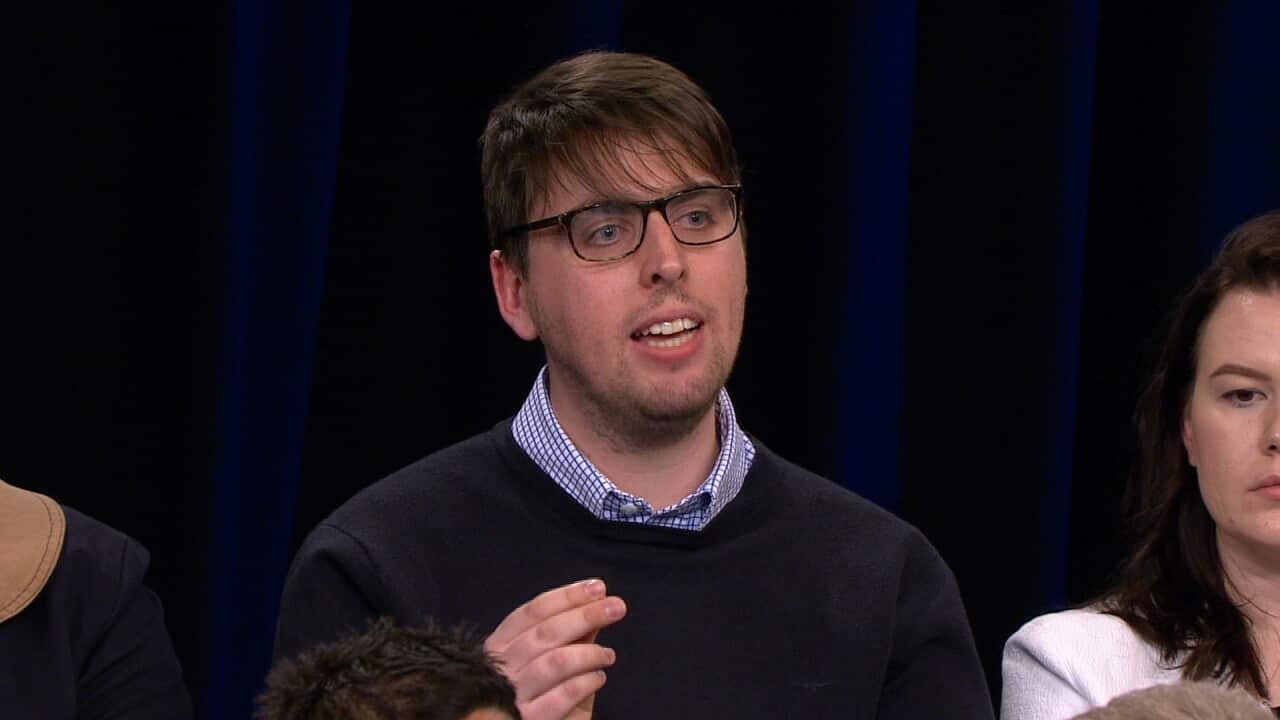From hospitality to tech, a wide range of businesses expressed their frustration at at the Small Business Secrets - End of Financial Year forum.
Mark McDonald, co-founder of mobile development company Appster criticized the changes as shortsighted.
“I think that we need to understand, especially in technology, we’re not competing against someone in Melbourne or Sydney, we’re competing against somebody in the US, in San Francisco.”
He gave the example of a highly specialized mobile expert and art director his company hired form the UK.
“Under the new changes he would have a lot less certainty about how long he could stay, and it would become less attractive for him to work in Australia. Additionally to that, the value that he has added is vastly more than him just coming and hypothetically taking an Australian job. He’s trained local people up, he’s up-skilled people, he’s brought world class skills that we cannot hire in that specific niche in Sydney or Melbourne. “ For hospitality businesses, the issue isn’t that there aren’t enough Australian workers with the right skills – it’s that Australians are simply un-interested in waiting tables and washing dishes.
For hospitality businesses, the issue isn’t that there aren’t enough Australian workers with the right skills – it’s that Australians are simply un-interested in waiting tables and washing dishes.

Restaurateur Nahji Chu. Source: Supplied
“We do advertise jobs, Australian don’t apply,” said restaurateur Nahji Chu. “Australians won’t do these low-rung jobs that migrants are willing to work for, and if and when they do get these jobs, they don’t stay in them.” In a taped segment, restaurateur David Bitton, expressed a similar sentiment.
But Federal Minister for Small Business Michael McCormack said the changes had to be made when youth unemployment is as high as 27 per cent in some regional areas. “We had to do something and certainly I know having opened a number of trade training sessions in schools throughout my electorate, we’re going to get those kids with the skills when they leave school, who don’t necessarily want to have a tertiary education.”
But when it comes to the demonization of migrants and refugees as job takers or welfare scroungers, many business owners at the forum said their experiences illustrated the opposite was true.
“[Migrants] come here with a passion to do something,” said Nova Springwater founder Nitin Lotliker, who immigrated from India in 1989. “I was employed for a good 25 years and here I am, 27 years later and I’ve created 20 jobs in our workplace.” Diem Fuggersberger, co-founder of Berger Spices, arrived in Australia as a child refugee from Vietnam, having lost everything back home. She said her hardships have given her the resilience to excel in business.
Diem Fuggersberger, co-founder of Berger Spices, arrived in Australia as a child refugee from Vietnam, having lost everything back home. She said her hardships have given her the resilience to excel in business.

Nova Springwater founder, Nitin Lotliker. Source: Supplied
And then there’s Yellow Brick Road’s Mark Bouris. “I’m really glad immigrants were allowed in Australia in 1948 because [Greece is] where my father came from,” he said.
“If he hadn’t come to Australia and hadn’t embedded that entrepreneurial personality into me, I wouldn't be here. I wouldn’t be employing about 1300 people in NSW and Queensland and another 700 in Victoria… so I put that all down to my father being allowed in this country back in ’48.”
Want to find out the secret to small business success? Tune into #BizSecretsSBS at Sundays 5pm on SBS, stream on , or follow us on , or .










